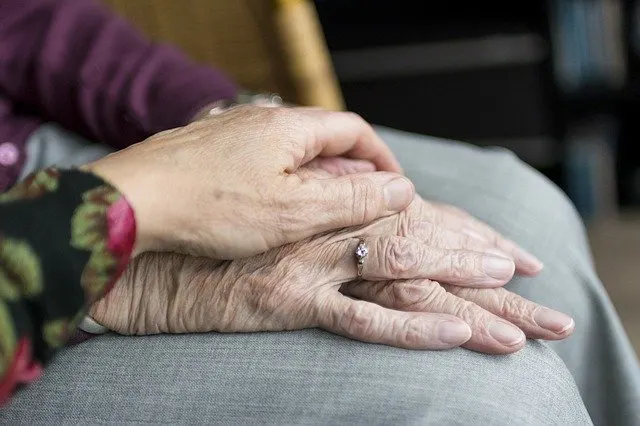
As the population of elderly individuals increases, so does our responsibility to ensure that their living conditions are as comfortable and safe as possible. Fathers, in particular, can play an important role in improving the lives of the elderly. This article will explore various ways fathers can contribute to the elderly, from social support to volunteer work. We can only create a more positive future for generations to come by understanding and respecting our elders.
Respecting Life Lessons & Experiences
When it comes to caregiving, respecting the life lessons and experiences of the elderly is crucial. Caregivers must be able to connect with their patients on a deeper level in order to provide them with the best care possible. One way to achieve this good is via basic questions to ask in a caregiver interview to achieve your goal.
Some of these fundamental questions include: What are your hobbies and interests? What are your favorite foods? Are there any religious or cultural practices that you follow? These may seem trivial questions, but they can provide insight into a person’s personality and help caregivers tailor their care approach accordingly. Additionally, caregivers should ask about medical history, medications, and any specific needs or preferences that their patient may have. This information will be crucial in creating a personalized care plan that meets not only physical needs but also emotional and social ones as well.
Developing Compassion & Patience
Developing compassion and patience is crucial to emotional growth, personal development, and building strong relationships. These qualities help us be more understanding, empathetic, and tolerant toward others, leading to better communication and deeper connections. However, developing these traits can be challenging as it often requires us to step outside of our own perspectives and consider the experiences and feelings of others.
One way to develop compassion is by practicing active listening. This involves giving our full attention to someone who is speaking without interrupting or judging them. It allows us to understand their perspective better and respond more thoughtfully. Additionally, we can work on cultivating empathy by imagining ourselves in someone else’s shoes or considering what they may be going through. Patience also plays a critical role in developing compassion as it helps us maintain an open mind towards others’ experiences, even when they differ from ours.
Learning to Appreciate the Little Things
In our fast-paced world, it’s easy to get caught up in the hustle and bustle of everyday life. We often focus on the big picture and neglect the small things that make life worth living. However, learning to appreciate the little things can bring a sense of joy and fulfillment to our lives.
Taking time each day to intentionally focus on small moments of happiness can do wonders for our mental health. Whether enjoying a cup of coffee in silence or walking outside, these moments can help us slow down and appreciate what we have. It’s important to remember that happiness doesn’t always come from achieving big goals or milestones but rather from finding joy in the present moment.
Learning to appreciate the little things also helps us cultivate gratitude. We see life through a different lens when we focus on what we have rather than what we lack.
Conclusion
Fathers who invest their time and energy in improving the lives of the elderly are providing a valuable service to their community and gaining invaluable life lessons. They improve their capacity for understanding, compassion, and patience while being reminded of the value of wisdom, respect, and humility. Fathers can learn a lot from spending time with seniors and enriching their lives and those around them. Moreover, they become part of an important legacy that many generations will remember.
- Sagittarius Man & Gemini Woman Love and Sex Compatibility - January 31, 2024
- Taurus Ascendant Rising Personality Traits in Men (Guide) - January 31, 2024
- How to Seduce and Attract a Sagittarius Man (Seduction Tips) - January 31, 2024
